heart
Latest
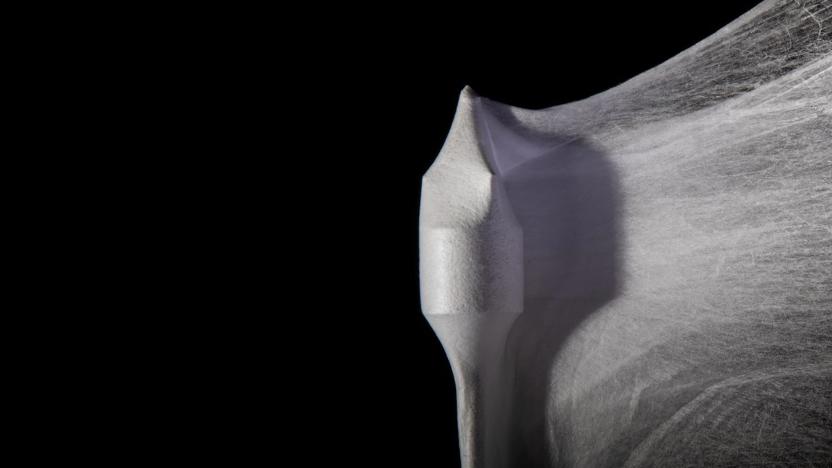
Harvard’s synthetic heart valve is designed to grow in step with the human body
Researchers have developed a promising synthetic heart valve that may eventually be used for growing children. Harvard’s Wass Institute and John A. Paulson School of Engineering and Applied Sciences (SEAS) created what they call FibraValve. This implant can be manufactured in minutes using a spun-fiber method that lets them shape the valve’s delicate flaps on a microscopic level — ready to be colonized by the patient’s living cells, developing with them as they mature.

Scientists 3D-print a functional piece of a heart
Researchers have 3D-printed heart filaments that could eventually repair damaged hearts.
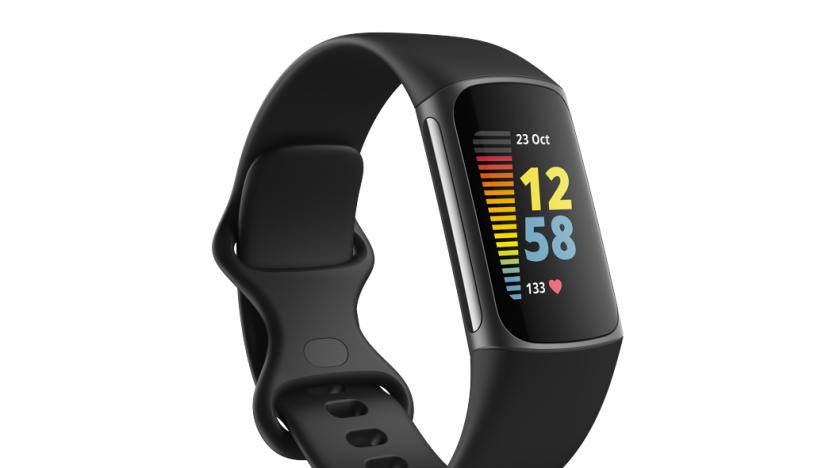
Fitbit’s Charge 5 packs an ECG and stress response sensor
The Charge 5 gets new sensors to measure your heart health and stress response.

Researchers grew a mini human heart to study fetal heart development
A team of scientists have grown a miniature human heart to better understand fetal heart development.
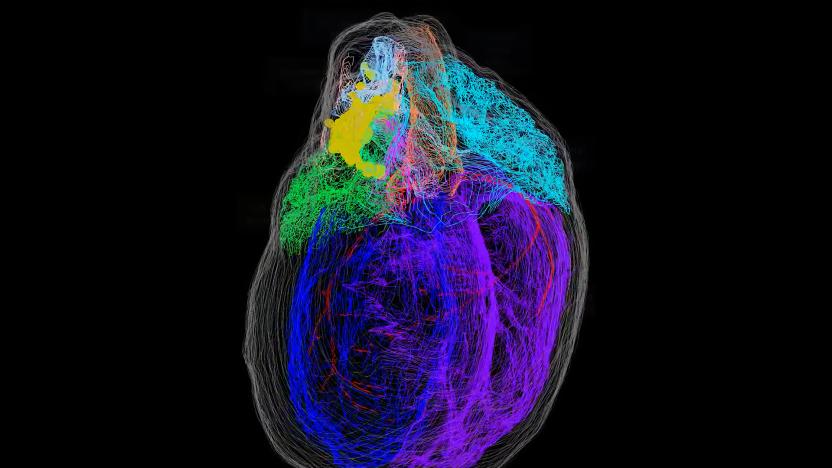
Creating the first 3D map of the heart's 'brain'
The heart has its own mini-brain called the intracardiac nervous system (ICN), which fine tunes external autonomic signals and keeps the heart pumping smoothly. The ICN consists of a layer of neurons distributed around the heart that control various cardiac functions.

Spotify redesign makes it easier to play, favorite and download music
Today, Spotify is rolling out three new icons in its iOS app. The icons are meant to make it easier to add albums to your playlists, download albums to listen offline and quickly shuffle songs.
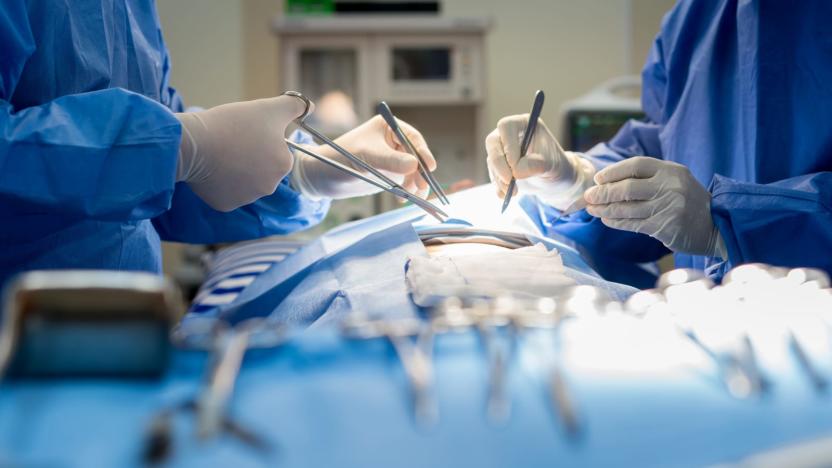
Lab-grown heart muscles transplanted into a human for the first time
Researchers in Japan have successfully carried out the world's first transplant of lab-grown heart muscle cells, in a move which could significantly reduce the need for heart transplants. To grow the heart muscle cells, the scientists from Osaka University first took adult stem cells and reprogrammed back into their embryonic-like state. From this point, the researchers were able to coax the cells into becoming whatever form they wanted -- in this case, heart muscle cells.

FDA clears algorithms that detect heart murmurs and AFib
The FDA just granted clearance to a suite of algorithms that could help healthcare providers in the US more accurately screen for heart conditions during routine physical exams. The algorithms, developed by Eko, can help detect both heart murmurs, indicative of valvular or structural heart disease, and atrial fibrillation, or AFib, which can lead to blood clots, strokes, heart failure and other complications.
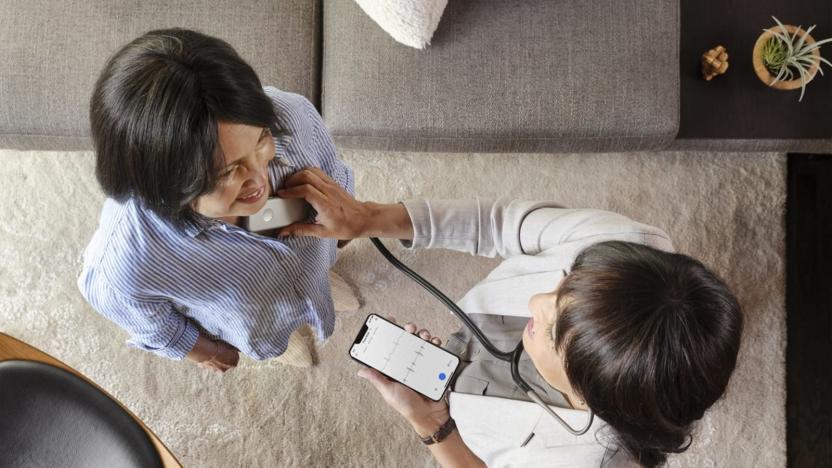
The FDA is fast-tracking an algorithm that screens for heart failure
Today, the FDA granted "breakthrough status" to an algorithm that could make screening for heart failure more accessible -- both in traditional clinics and telehealth settings. The algorithm uses a deep neural network developed by digital health company Eko and Mayo Clinic. With as little as 15 seconds of electrocardiogram (ECG) data, it can identify Left Ventricular Ejection Fraction (LVEF), a measure that's commonly used to diagnose patients with heart failure.
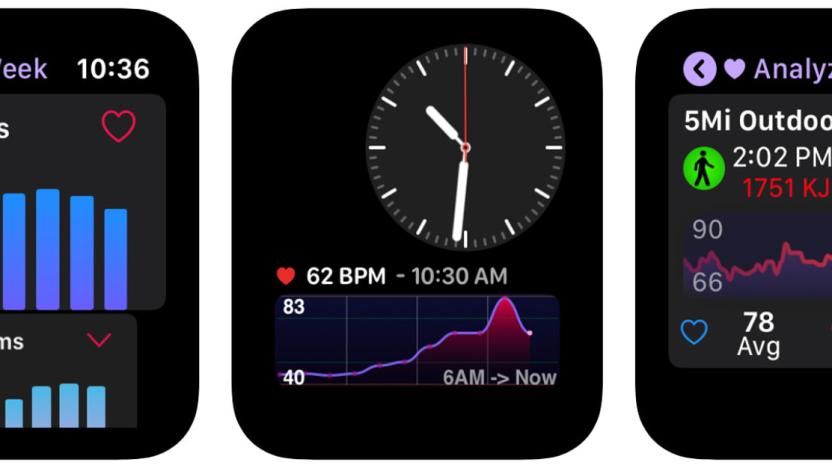
Heart Analyzer's new Apple Watch app puts detailed data on your wrist
Your Apple Watch can provide some health data on your wrist, but not a lot -- and even the Health app on your iPhone will only say so much. There may be an option if you're looking for more comprehensive data on your watch, though. Helix Apps has released a revamped Heart Analyzer app for the Apple Watch that lets you dive deep into your ticker's data without reaching into your pocket. You can get rich graphs for both your recent and daily heart rate info, and track your activity and cardio data for the past week if you need a longer-term view. If you're a fitness maven, you'll also get a slew of detailed workout info from the past week as well.
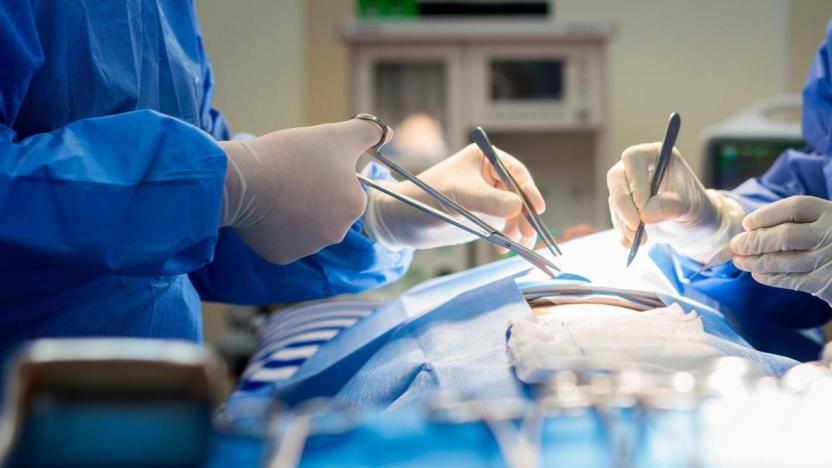
Human patient put in suspended animation for the first time
Scientists (and sci-fi fans) have been talking about suspended animation for years. The idea that the functions of the human body can somehow be put on "pause" while life-saving medical procedures are performed (or a person is sent into space, a la Alien) has long seemed untenable -- until now. According to New Scientist, doctors have successfully placed humans in suspended animation for the first time, in a trial that could have an enormous influence on the future of emergency room surgery.
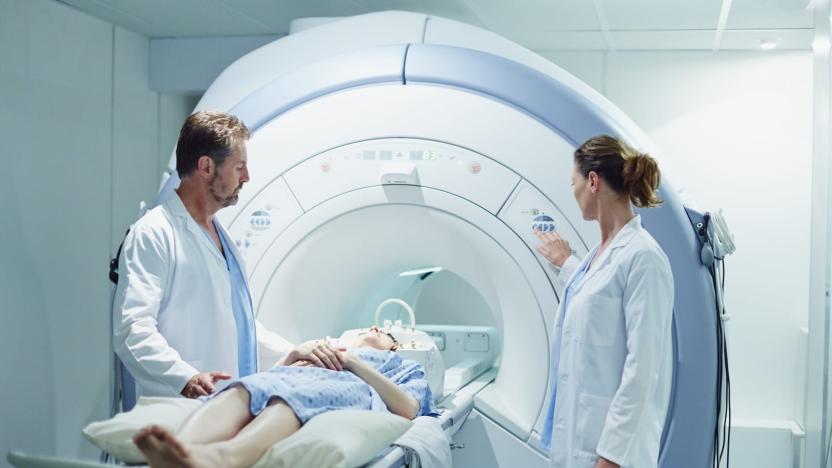
Wisconsin firms hope to make radioactive isotopes for nuclear medicine (updated)
Certain cardiac stress tests and other nuclear medicine diagnostics depend on molybdenum-99, or Mo-99, a radioactive isotope that decays into the diagnostic imaging agent technetium 99m, or Tc-99m. The latter is used in more than 40 million medical imaging procedures each year, but Mo-99 is costly and difficult to make. Now, two Wisconsin firms say they've found a more efficient way to make the critical material.
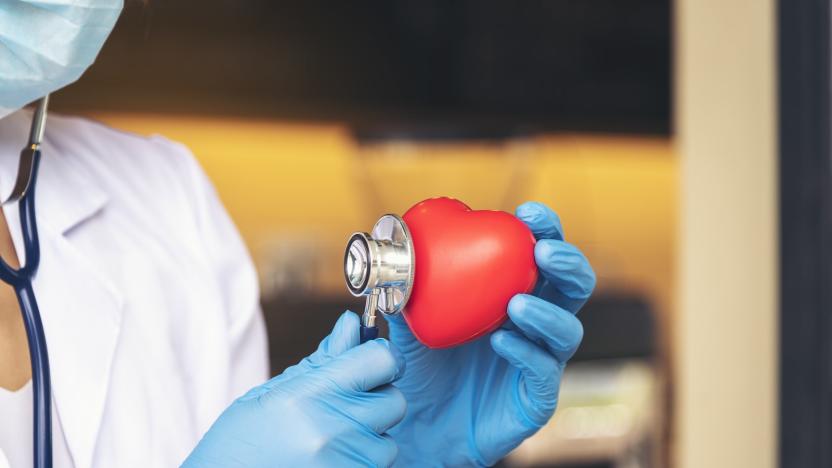
AI can gauge the risk of dying from heart conditions
AI's ability to predict threats to your health could soon include deadly heart conditions. Researchers at MIT's CSAIL have developed a machine learning system, RiskCardio, that can estimate the risk of death due to cardiovascular issues that block or reduce blood flow. All it needs is a 15-minute ECG reading -- from there, it gauges the danger based on the sets of consecutive beats in the sample. If the data is captured within 15 minutes of an event, RiskCardio can determine whether or not someone will die within 30 days, or even up to a year later.
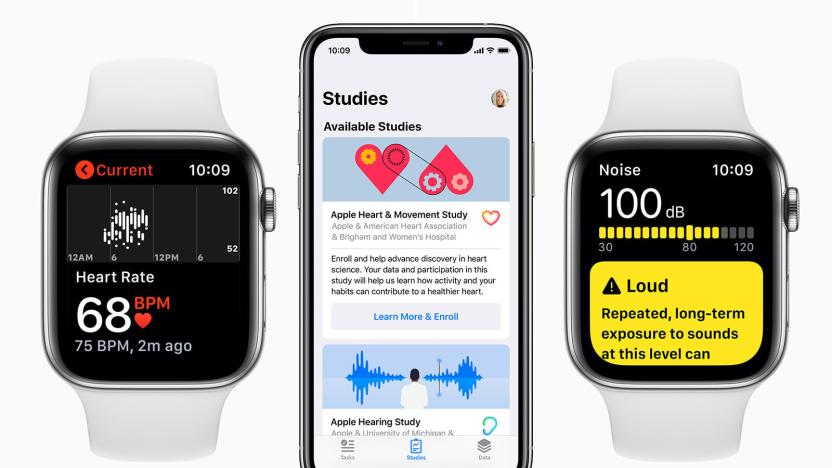
Apple’s latest Watch studies cover hearing, hearts and women's health
Apple is expanding its Watch-based health studies in a significant way. The tech giant announced today three new studies that use the Watch (and iOS) to monitor key conditions. A Hearing Study will gauge the effects of long-term exposure to loud noises. A Women's Health Study will look at how menstrual cycles can influence screening for conditions. There's also a new Heart & Movement study that ventures beyond earlier work.
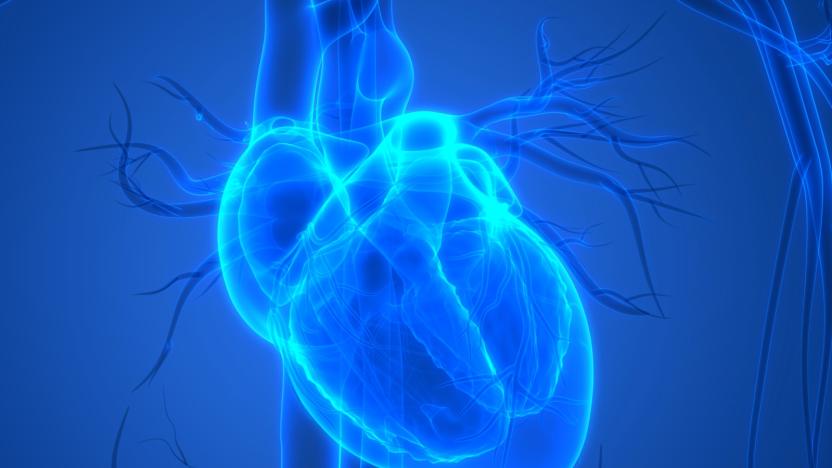
Chicago biotech company 3D prints a mini human heart
The Chicago-based biotech company BIOLIFE4D announced today that it has successfully 3D-bioprinted a mini human heart. The tiny heart has the same structure as a full-sized heart, and the company says it's an important milestone in the push to create an artificial heart viable for transplant.
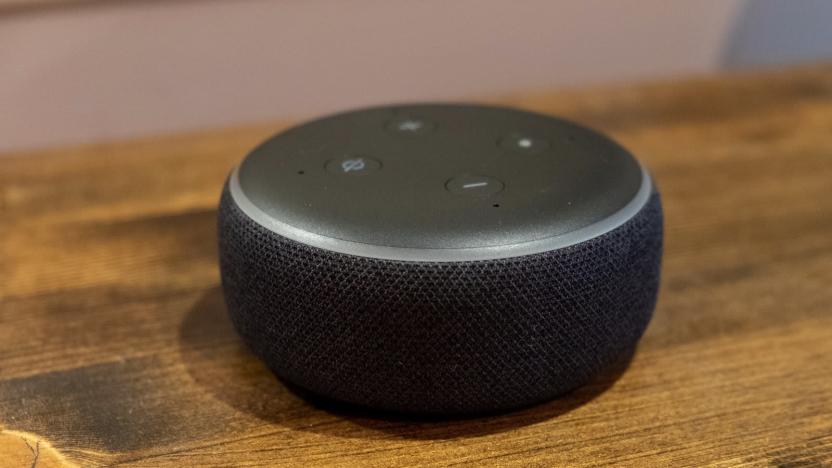
Your smart speaker could tell if you're experiencing cardiac arrest
Cardiac arrest frequently happens at home, and victims don't always have someone around to call for help. Your smart speaker might one day fill that role, though. University of Washington researchers have crafted a proof-of-concept AI that can detect the audio cues of cardiac arrest and respond accordingly. The system is trained on 911 call samples to listen for the telltale sounds of agonal breathing (that is, distinctive gasps for air) that come with cardiac arrest. It initially asks for help from people nearby to provide CPR, but will call 911 if there's no response.
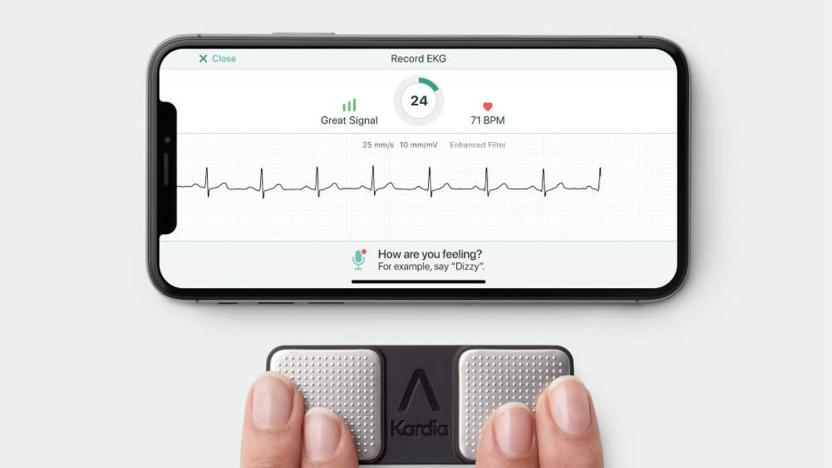
FDA clears first personal ECG device to detect three heart arrhythmias
To date, personal ECG devices have only really detected one kind of heart arrhythmia: atrial fibrillation. While that's helpful, it doesn't cover other conditions that could be just as dangerous. You might not be left wondering for much longer. AliveCor's KardiaMobile has received the first FDA clearance allowing a personal device to detect two other relatively common conditions, bradycardia (where your heart rate dips to 40-50BPM) and tachycardia (a jump to 100-140BPM). While these conditions are sometimes innocuous and might not show symptoms, they can also be representative of issues like heart disease.
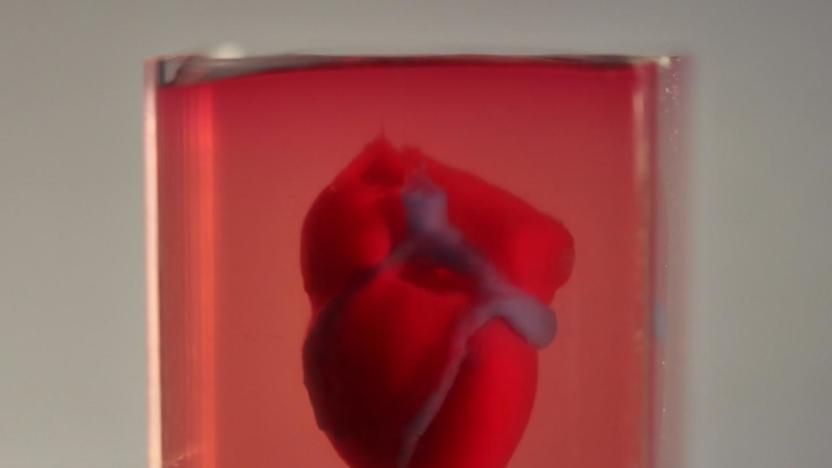
Scientists print first 3D heart using a patient’s own cells
Researchers at Tel Aviv University managed to successfully print the first ever 3D heart that uses cells and biological materials from a patient. The medical breakthrough, which was published today in Advanced Science, managed to produce an entire heart, complete with cells, blood vessels, ventricles and chambers -- a marked improvement over previous attempts that only printed simple tissues without vessels.

Stanford study finds Apple Watch can detect irregular heart rhythms
Stanford has released the results of its Apple Watch-based heart study more than a year after it began, and it appears to have been a success, with a few caveats. Only 0.5 percent of the more than 400,000 volunteers received warnings of irregular heart rhythms, but physicians later verified that 84 percent of those notifications were atrial fibrillation episodes and thus potential signs of trouble. To put it another way, the technology both avoided a glut of false positives (a major concern going into the study) and was reliable enough that it was worth a follow-up with doctors.
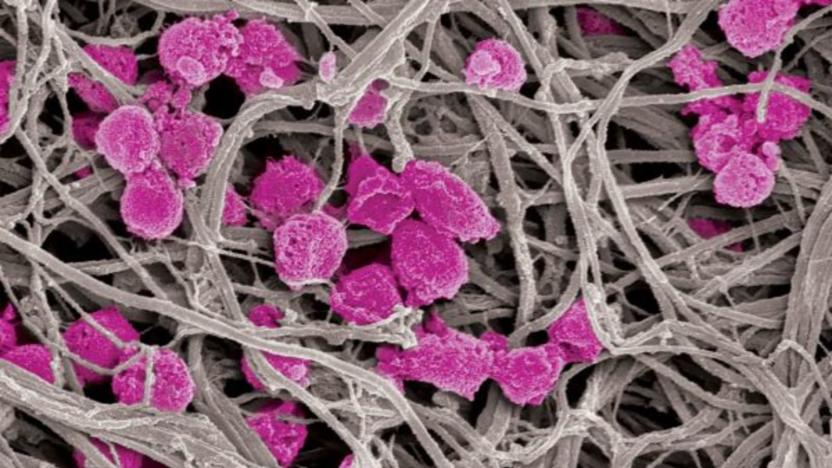
Scientists design 'decoy platelets' that reduce risk of blood clots
Heart disease, stroke, sepsis and cancer are incredibly serious conditions which together cause the greatest number of deaths around the world. They're unique illnesses, but they have something in common -- they're all associated with activated platelets, which play an important role in healing, but for some can also contribute to dangerous blood clots and tumors. Now, scientists think they've found a way to mitigate the risks associated with these platelets, thereby "outsmarting" the catalyst for these diseases.






